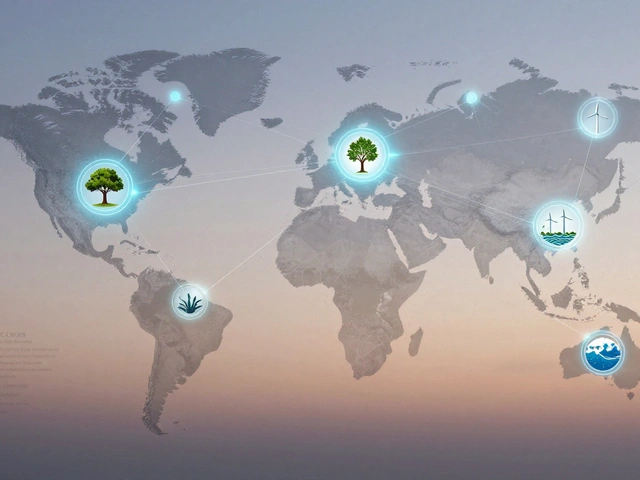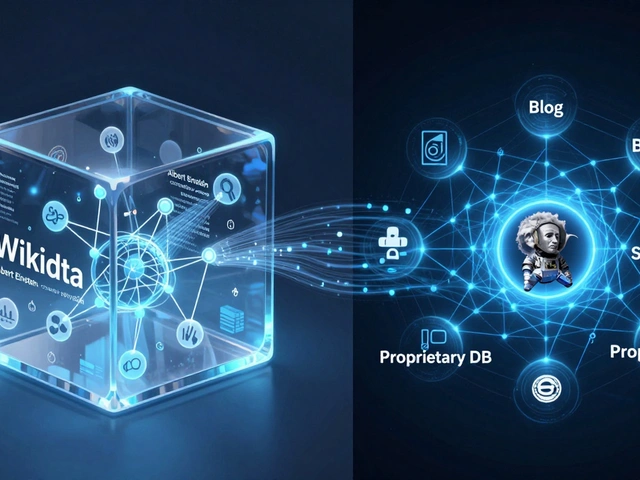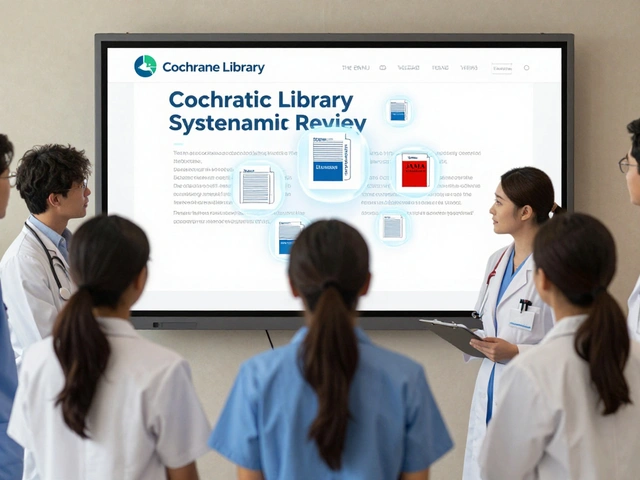Wikipedia community feedback: How editors shape what you read
When you read a Wikipedia article, you’re not seeing the work of a single expert—you’re seeing the result of Wikipedia community feedback, the collective input of thousands of volunteers who debate, edit, and vote on what counts as reliable knowledge. This isn’t a top-down system. It’s a living conversation, often messy, sometimes heated, but always public. Without this feedback loop, Wikipedia would be just another static website. Instead, it’s a dynamic archive shaped by real people who care enough to show up, argue, and change their minds.
Behind every article is a talk page, the hidden forum where editors discuss edits, flag problems, and build consensus before changes go live. These pages are where sockpuppetry, the use of fake accounts to manipulate discussions is exposed, where Wikipedia governance, the unofficial rules and elected bodies that enforce them gets tested, and where new editors learn what’s allowed and what’s not. It’s not about popularity—it’s about sources, policy, and proof. A single disputed sentence can spark weeks of debate, and that’s by design.
Some of the biggest fights happen over neutrality, notability, and who gets to decide what’s worth including. Paid editors push for corporate-friendly changes. Volunteers fight to preserve underrepresented voices. AI tools try to automate cleanup, but humans still judge what’s fair. The ArbCom election, the process where editors vote on who gets final authority to resolve disputes isn’t just a formality—it’s a power struggle over the soul of the platform. When local news sources vanish, Wikipedia loses its connection to real events. When students write for class, they bring fresh research. When bots revert vandalism, they free humans to do the hard thinking. All of it feeds back into the system.
What you’ll find below isn’t just a list of articles—it’s a map of how knowledge gets made, challenged, and defended. You’ll see how trust is built one edit at a time, how bias gets caught, how communities protect themselves, and why the quietest editors often have the loudest impact. This is Wikipedia’s real engine. Not algorithms. Not corporations. People.
Community Feedback on The Signpost: Survey Results and Reader Insights
Community feedback on The Signpost reveals readers want more global voices, shorter articles, and stories about quiet editors. Survey results show how Wikipedia's newspaper is evolving to better serve its community.





